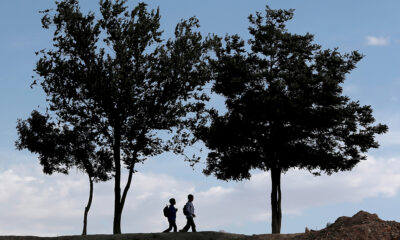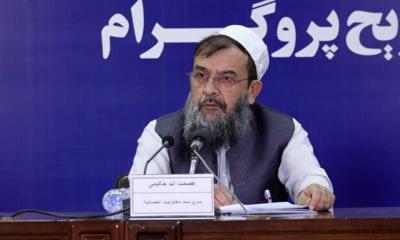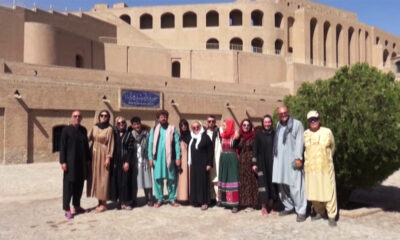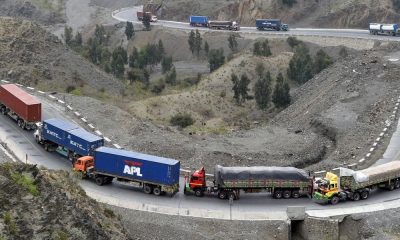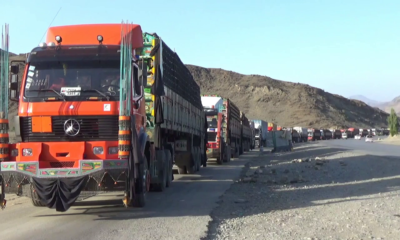Latest News
MPs slam govt’s move to include ethnicities in new ID card system
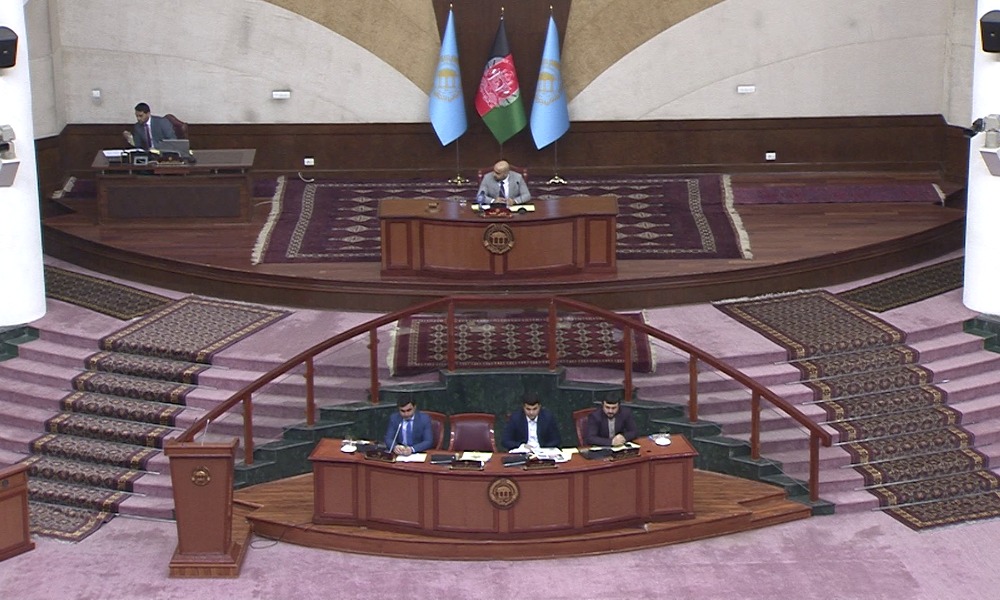
Members of the Wolesi Jirga (Lower House of Parliament) on Wednesday voiced their displeasure over the recent decision by the National Statistics and Information Authority (NSIA) to categorize ethnic groups in the registration process of the new electronic ID card system.
Some MPs said this decision will create a new crisis in the country.
“The move by the NSIA is a risk to nation building; it will destroy unity among the people… the act is dividing tribes,” said one MP Khan Agha Rezayee.
“The government makes problems for people and divides tribes into categories. This is against the Constitution; it will fuel tribal discrimination. If government does not control this, the response will be very tough and uncontrollable, ” said Zalmay Noori, another MP.
“The NSIA’s decision is against the Constitution; 15 tribes are mentioned in the Constitution; the decision is against the law that we passed,” said Makhdom Abdullah Mohammadi, an MP.
However some MPs came out in support of the move.
“Some tribes want to see their tribe name on their ID cards,” said MP Niamat Karyab.
First deputy speaker of the house, Javid Jaihoon, meanwhile called on government to resolve the issue as soon as possible.
“We call on government to solve the problem based on the articles of the Constitution and to end concerns around this issue,” said Jaihoon.
According to MPs, government needs to encourage unity among tribes and avoid creating division.
This comes after the NSIA announced earlier this month that it had classified a number of ethnic groups and tribes into categories in the online registration form for new electronic ID cards.
Based on the list, all Pashtuns in Afghanistan are classified into one ethnic group but the rest of the groups such as Tajiks, Hazaras, and Uzbeks are each divided into several tribes.
Politicians are among those who believe the NSIA’s list “deliberately” fuels disunity among the people of Afghanistan especially as the organization has categorized ethnic groups based on their “villages, districts and tribes.”
Second Vice President Sarwar Danish said the list lacks “scientific and practical” elements and this in itself could lead to disputes in the country.
“Hasty decisions would question the government and create divisions and mistrust among our people,” Mohammad Hedayat, the head of Danish’s media office said.
Meanwhile, former Foreign Minister Salahuddin Rabbani stated that the NSIA has intentionally planned to divide ethnicities based on districts and villages.
Atta Mohammad Noor, Chief Executive of Jamiat-e-Islami Party, claimed that the NSIA is not “aware of the difference between an ethnicity and place of residency.”
“This government organization is not yet aware of this important fact that there is a huge difference between an ethnicity and the residence of a group, and you can never count the name of the location as the ethnicity of a specific people,” said Ahmad Afzal Hadid, Head of Balkh Provincial Council.
Abdullah Abdullah, Chairman of the High Council for National Reconciliation, also spoke out against the NSIA’s decision and called the list a “mistake.”
Abdullah called on the organization to rectify the issue.
The NSIA, however, claimed that its decision was made at the request of the people.
“This decision was made as per the request of a number of tribal elders and the interpretation of the third part of Article 4 of the Constitution,” said Roeina Shahabi, the spokesperson for the NSIA.
Latest News
Pakistani PM urges IEA to rein in terrorist groups
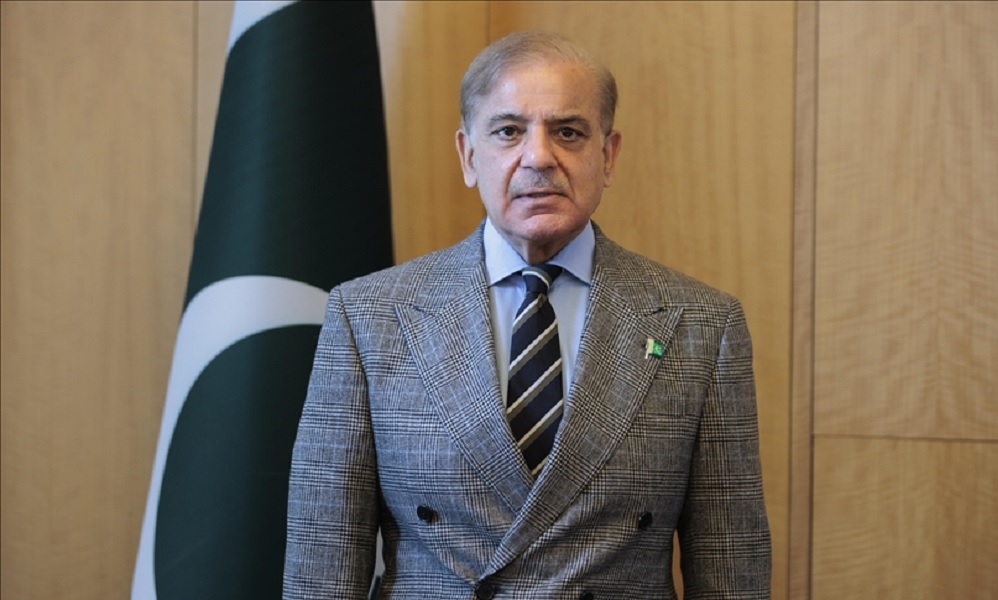
Pakistan’s Prime Minister Shehbaz Sharif has said that it’s a sad reality that the soil of neighbouring Afghanistan is being used for terrorist attacks inside Pakistan.
“Afghanistan is our brotherly country and the two countries are neighbours by nature. We have to live as good neighbours. It’s up to us how we live cordially and in a friendly way. We have asked the Afghan interim government several times that the Afghan soil should not be used as per the Doha agreement against Pakistan and its interests,” Shehbaz told the media during his visit to London, Geo News reported on Sunday.
“Sadly, terror groups such as Tehreek-e-Taliban (TTP) and other terror groups are operating from Afghanistan. They have killed innocent people inside Pakistan. These sacrifices of Pakistanis will not go in vain. My advice to Afghanistan is to rein in these terrorist groups.”
Pakistani officials have repeatedly claimed that Afghan soil is being used in attacks against Pakistan.
The Islamic Emirate, however, has denied the allegations, saying Afghanistan is not responsible for Pakistan’s “security failure”.
Latest News
Pakistan’s Punjab CM calls for ‘human response’ to Afghan girls’ education ban
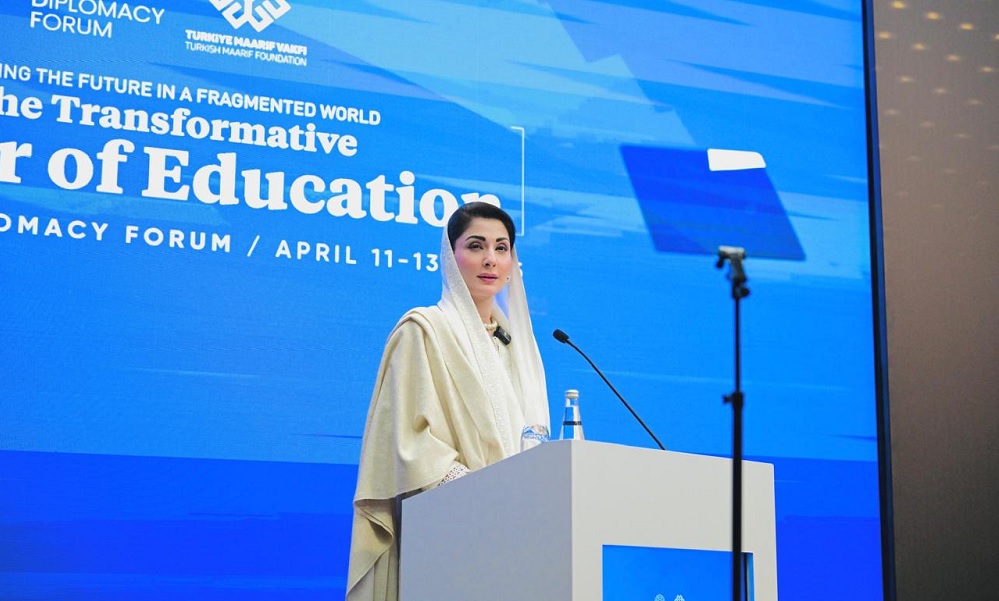
Maryam Nawaz, the chief minister of Pakistan’s Punjab province, on Saturday expressed regret over the educational restrictions on girls in Afghanistan, calling on the international community to address the issue.
Speaking at the Antalya Diplomacy Forum in Turkey, Maryam stressed that no society progresses without investing in the welfare of women and children.
“Innocent children lie under the rubble in Palestine. Girls in Afghanistan are denied access to schools. The children of Kashmir are victims of oppression. In Sudan, they walk miles for food. These are not isolated issues—they demand collective human response,” she said.
The Islamic Emirate has suspended education of girls beyond sixth grade.
This policy has been widely criticised internationally.
Latest News
IEA Supreme Leader defends public executions, says its as ‘part of Islam’
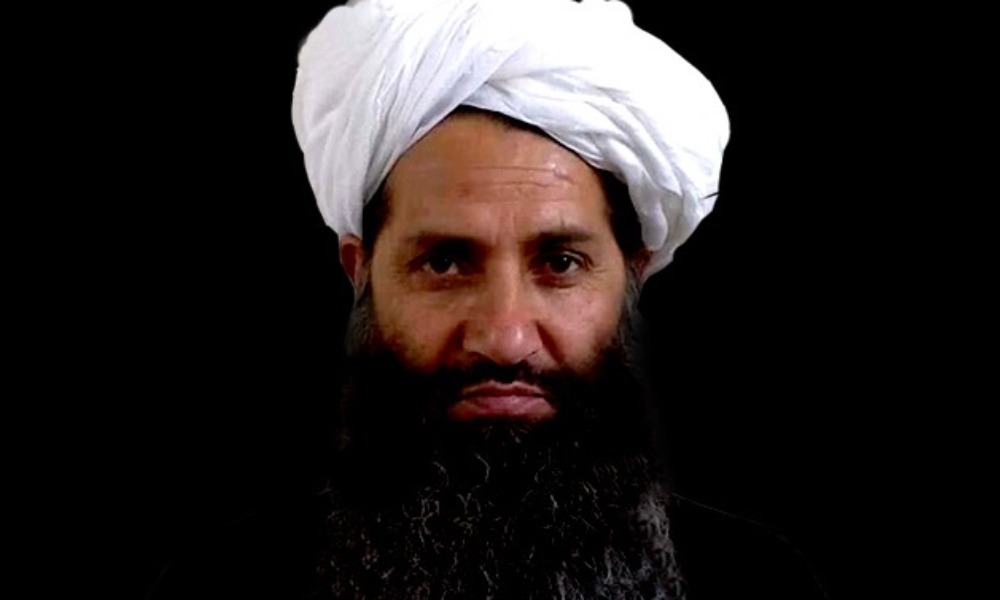
The Supreme Leader of the islamic Emirate of Afghanistan (IEA) Hibatullah Akhundzada has defended public executions and said these are an integral part of Islam.
In a voice clip reportedly taped during a speech at a seminar for Hajj instructors in Kandahar on Saturday, Akhundzada said: “We must carry out disciplinary measures, perform prayers and acts of worship. We must enter Islam completely. Islam is not just limited to a few rituals; it is a comprehensive system of all divine commands.”
Not a single command of Islam should be left unfulfilled, he is heard saying on the voice clip, which was posted to X by the IEA’s spokesman Zabihullah Mujahid.
God had commanded people to pray and to enforce his punishments, said Akhundzada, adding that the IEA did not wage war for power or wealth but rather to “implement Islamic law”. He rejected criticism of the executions.
This comes after widespread condemnation following the execution by firing squad on Friday of four men convicted of murder.
Akhundzada has previously rejected the need for Western laws in Afghanistan.
He said Saturday: “Yesterday, executions were carried out. You saw how much protest was raised in the world, and said that they [IEA] kill people, that they are oppressors, that they terrorize people. They call this terror; they call this against Sharia; but this is a Sharia order to take revenge. One order is to implement the orders of Allah. One order is to impose punishments,” said Akhundzada.
He added that the Islamic Emirate is facing a great test but they will not bargain with the world over Islam, religion, and the Prophet (PBUH).
-
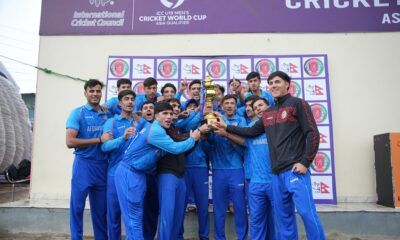
 Sport4 days ago
Sport4 days agoAfghanistan win U-19 cricket series despite rain-impacted loss to Nepal
-
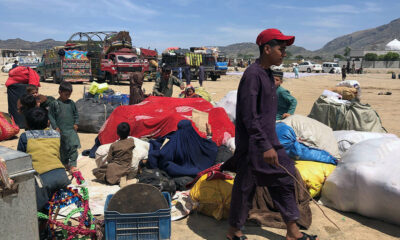
 Latest News5 days ago
Latest News5 days agoPakistan expels thousands of Afghan nationals in fresh drive, says UNHCR
-
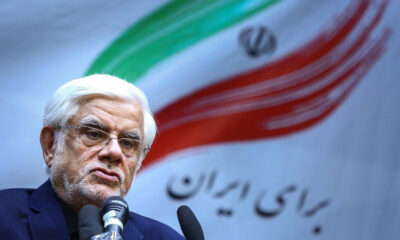
 Latest News4 days ago
Latest News4 days agoIran’s Vice President advocates stronger ties with neighbors, especially Afghanistan
-
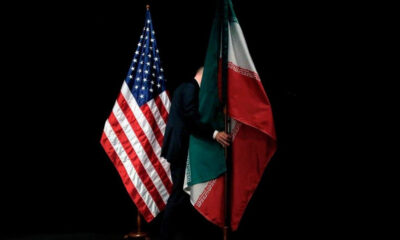
 Regional4 days ago
Regional4 days agoUS energy secretary sees tighter sanctions on Iran without deal
-
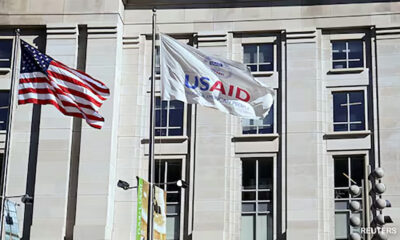
 Latest News5 days ago
Latest News5 days agoTrump administration moves to restore some terminated foreign aid programs, sources say
-
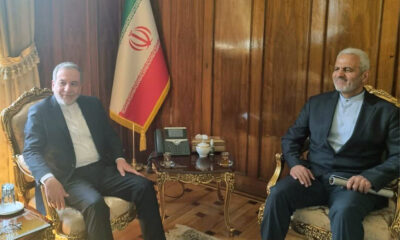
 Latest News4 days ago
Latest News4 days agoBigdeli updates Iran’s FM on current status of bilateral relations with Kabul
-
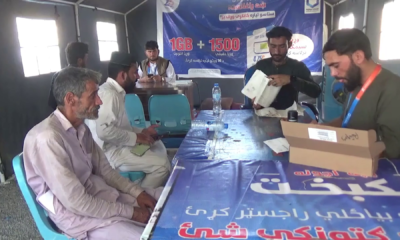
 Latest News4 days ago
Latest News4 days agoAWCC distributes free SIM cards to returning refugees from Pakistan
-

 International Sports4 days ago
International Sports4 days agoIPL 2025: Arya slays CSK for Punjab Kings


